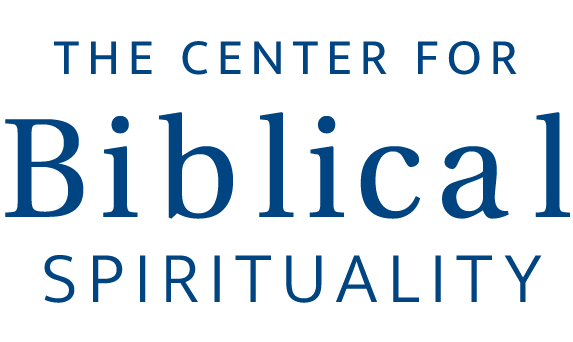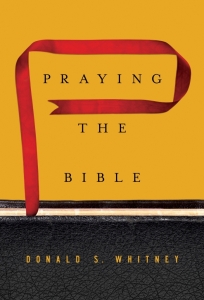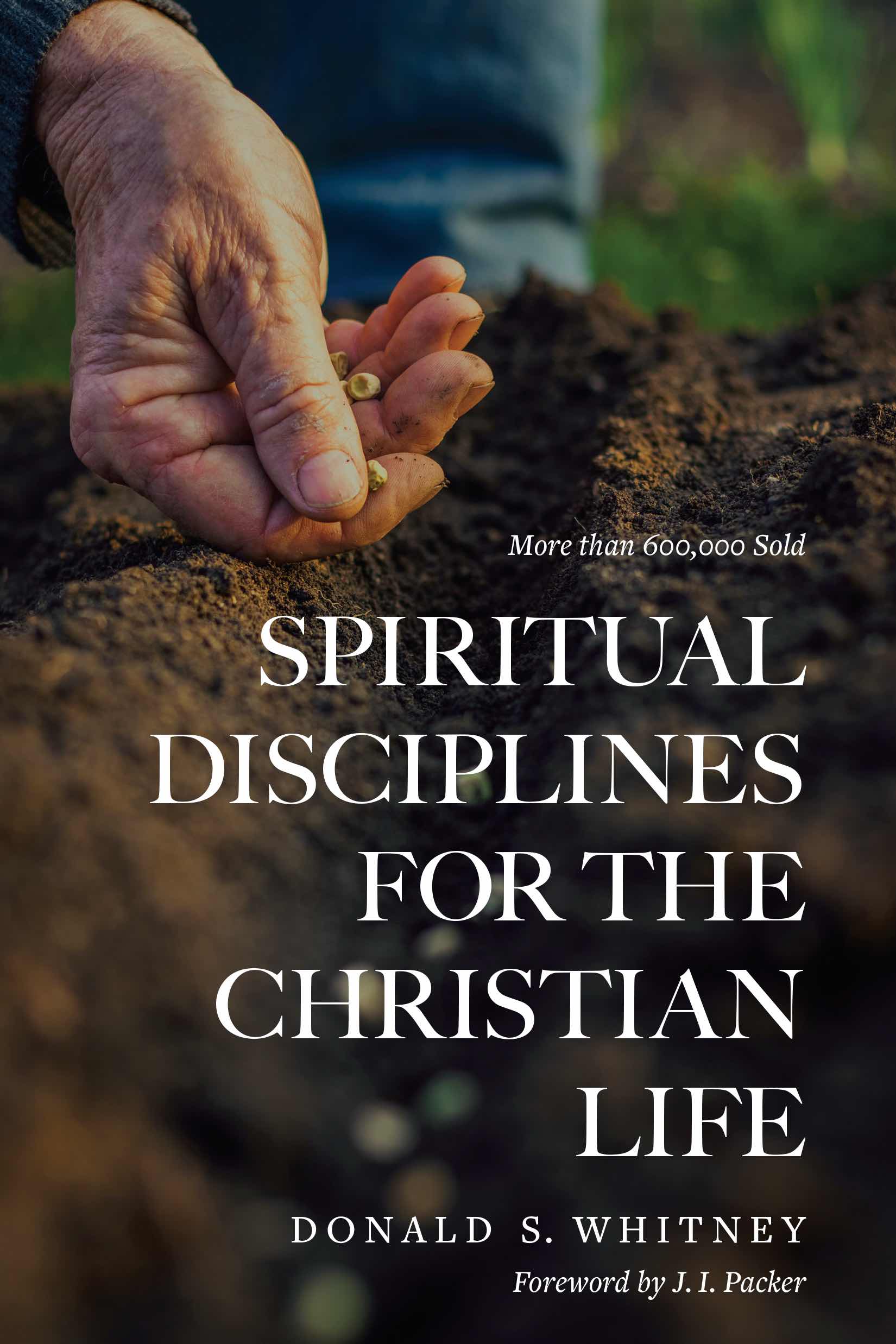A Chapter of Proverbs Each Day Helps Keep Foolishness Away
Proverbs has always been one of my favorite books. When as a young man it was called to my attention that there’s a chapter for each of the thirty-one days in a month, I began the habit of daily reading the chapter of Proverbs that corresponds with the day of the month. After doing so now for over forty years, I was astonished to realize that means I’ve read through the book of Proverbs more than five hundred times. And I plan to continue the practice for the rest of my life, for I never outgrow the need for the practical wisdom of this divinely-inspired book.
But I must admit there are places in the Proverbs where I’m sometimes tempted to think, “Why do I need to read this again?” When I come to chapter seven, for example, I’m so familiar with the story that I know exactly what’s going to happen when the foolish young man decides to walk down the street where the adulteress lurks. I want to say to the guy, “Don’t go down there this month! You’ve gone down there every month for forty years and it always ends badly. For once could you take a different route?” But every month he heads down there, and he always ends up “going down to the chambers of death” (7:27).
Since I know the passage by heart, why read it again? Then a few years ago I awakened to the reality that when the beginnings of such temptations inevitably come my way, I’m never more than thirty days away from a fresh warning of the ruin that comes from yielding to seduction. I don’t think I’ll ever reach the point where I don’t need that warning—frequently.
“Let anyone who thinks that he stands take heed lest he fall,” (1 Cor. 10:12).
Because of my love for the Proverbs and the perpetual value the wisdom of the book has been for my life, I wanted to instill its counsel early in the life of my daughter. So from the time she was very young, i began incorporating the book of Proverbs into our family worship routine.
Here’s how I did it. In the beginning I would read a third of a chapter to her every night. During the first month of every quarter (that is, January, April, July, and October) I would read the first third of the chapter that corresponds with the day of the month. On the second month of each quarter I read the middle third of the chapter for the day. And on the last month of the quarter I read the last third of the chapter. So on January 1 I read Proverbs 1:1-11 (or thereabouts). On February I read Proverbs 1:12-22. And on March 1 I read Proverbs 1:23-33.
After a few years, I started reading half a chapter each night, alternating every other month. So on January 1 I read Proverbs 1:1-17 or so, and on February 1 I read Proverbs 1:18-33. Then when she was old enough, I began reading the entire chapter each evening, covering all of chapter one on the first of every month, all of chapter two on the second of each month, and so forth.
After these few minutes in the Proverbs, I would turn to wherever else we were reading in the Bible at that time.
Somewhere along the way I stumbled upon a practice that dramatically increased her listening and understanding. Before I started reading I said, “I want you to pick a verse to explain to me, and one for me to explain to you.” This made a huge difference. Often, of course, her explanation of a verse was off base or unclear. That gave me another occasion to make the Bible more clear to her. I commend this simple, but effective, exercise to you.
———————
This post was originally written as a foreword to a book I commend to you, Pass It On: A Proverbs Journal for the Next Generation.
 In this book, Champ Thornton provides another way to inculcate the divine wisdom of Proverbs into your family. Follow his plan and you will produce what may become the most valuable and spiritually-fruitful gift your children or grandchildren will ever receive. What you write in these pages will surely be long-lasting in its impact and deeply treasured by its recipients. Use this book; record the wisdom God has given to you through the book of Proverbs, and Pass it On.
In this book, Champ Thornton provides another way to inculcate the divine wisdom of Proverbs into your family. Follow his plan and you will produce what may become the most valuable and spiritually-fruitful gift your children or grandchildren will ever receive. What you write in these pages will surely be long-lasting in its impact and deeply treasured by its recipients. Use this book; record the wisdom God has given to you through the book of Proverbs, and Pass it On.
Photo credit: eventbrite.co.uk










